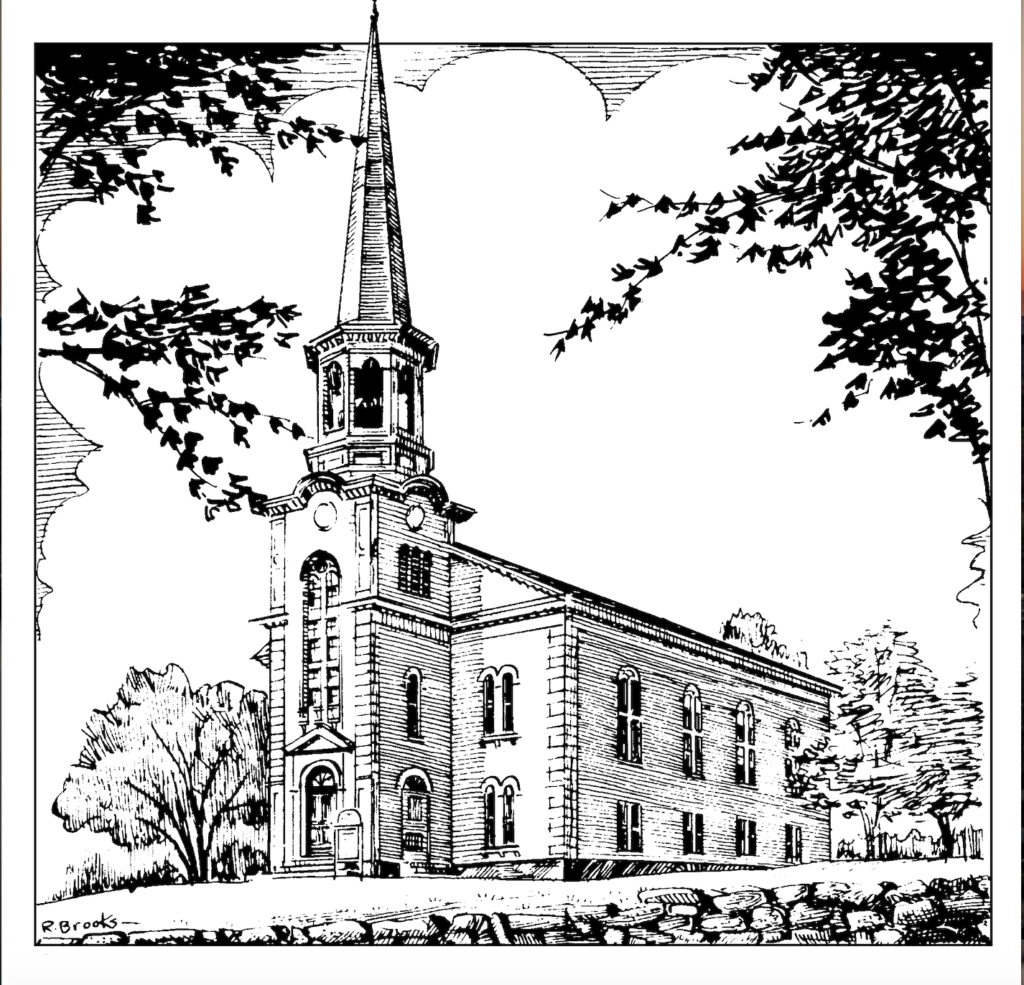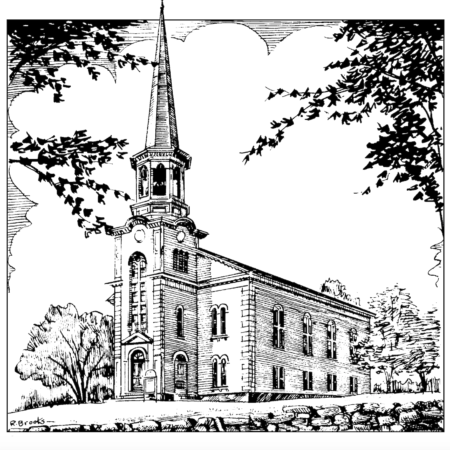
Difficult Questions
Genesis 2:15-17; 3:1-7
15The Lord God took the man and put him in the garden of Eden to till it and keep it. 16And the Lord God commanded the man, “You may freely eat of every tree of the garden; 17but of the tree of the knowledge of good and evil you shall not eat, for in the day that you eat of it you shall die.”
Now the serpent was more crafty than any other wild animal that the Lord God had made. He said to the woman, “Did God say, ‘You shall not eat from any tree in the garden’?” 2The woman said to the serpent, “We may eat of the fruit of the trees in the garden; 3but God said, ‘You shall not eat of the fruit of the tree that is in the middle of the garden, nor shall you touch it, or you shall die.’” 4But the serpent said to the woman, “You will not die; 5for God knows that when you eat of it your eyes will be opened, and you will be like God, knowing good and evil.”
6So when the woman saw that the tree was good for food, and that it was a delight to the eyes, and that the tree was to be desired to make one wise, she took of its fruit and ate; and she also gave some to her husband, who was with her, and he ate. 7Then the eyes of both were opened, and they knew that they were naked; and they sewed fig leaves together and made loincloths for themselves.
Historical Context
Some interpretations view the serpent in this text as Satan or the devil. Such an interpretation is a serious anachronism, as the notion of the representation of evil in terms of the Satan or devil is a much later phenomenon that originated with the help of Persian influence. In the Ancient Near East, the snake often has been associated with wisdom. It is telling, though, that in Gen 3:1, the serpent is not described as wise but as crafty. The cunning serpent brings alienation that affects the relationships between humans and between humans and their God.
Theme: Difficult Questions
Who tells the truth in this story: God or the serpent?
God says to Adam, “You may freely eat of every tree of the garden; but of the tree of the knowledge of good and evil you shall not eat, for in the day that you eat of it you shall die.” Yet when Adam and Eve eat it, they do not die. So, did God lie? Was God simply wrong? The snake promises that once they eat the fruit, their eyes will be opened; they will see and know. This is precisely what occurs in verse 7: their eyes are opened, and they know they are naked.
Scripture continually challenges our presumptions about the Creator and creation alike. Within the story-world of Genesis 2-3, the relationship of both God and the serpent to the “truth” is ambiguous. I do not ultimately think either God or the serpent is a liar. And yet, we must be willing to wrestle with those types of jarring questions, or else risk missing the newness, wonder, and possibility that listening to and for God’s word can bring.
The Bible is not a collection of facts. It is a collection of stories, poems, songs, prayers, and remembrances. It invites us to dwell over its details, revel in its beauty, and reflect on its difficult questions.


0 Comments